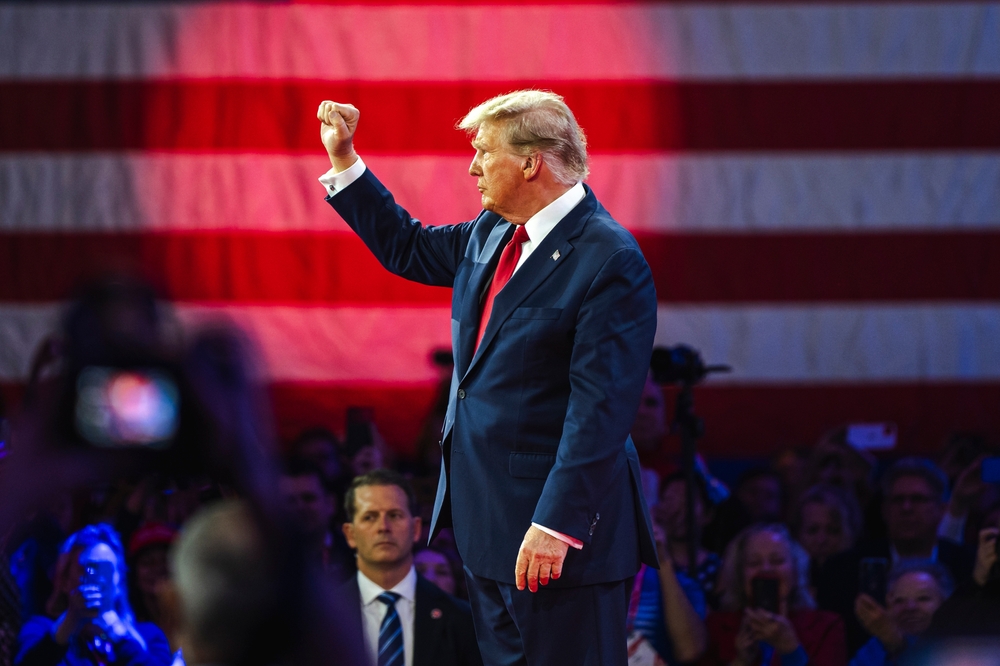President-elect Donald Trump is walking back on his pledge to lower the price of groceries for millions of Americans in a recent interview.
During an interview with TIME Magazine, Trump stated that it’s “very hard” to lower the cost of groceries for American families after he was asked whether he would consider his presidency a failure if he could not lower the costs.
“I don’t think so. Look, they got them up; I’d like to bring them down. It’s hard to bring things down once they’re up,” he said. “You know, it’s very hard.”
“I think a better supply chain is going to bring them down,” Trump continued. “You know, the supply chain is still broken.”
Throughout his presidential campaign, Trump criticized the Biden-Harris administration for massive price increases.
“From the day I take the oath of office, we will rapidly drive prices down and make America affordable again,” he said in a speech in August in North Carolina. “Prices will come down. You just watch,” Trump continued. “They’ll come down, and they’ll come down fast. Not only with insurance, with everything.”
Here’s a montage of Trump repeatedly promising to “end inflation” and specifically lower the cost of groceries.
— Republicans against Trump (@RpsAgainstTrump) December 12, 2024
Today, however, Trump told Time magazine that he likely won’t be able to lower prices, saying: “It’s hard to bring things down once they’re up” pic.twitter.com/CmowE01YwS
Trump often touts that the economy was far stronger under his administration, but according to the U.S. Bureau of Economic Analysis, the average annual growth rate was 2.3% in January 2017 and January 2021, and under President Joe Biden, it was 2.2%.
So, really—not much of a difference.
According to AP VoteCast, a survey of over 120,000 voters, about 7 in 10 Americans are feeling the pinch at the checkout line, while 70% of women and 63% of men reported being “very” concerned about the soaring cost of food and groceries.
Only 1 out of 10 Americans said high grocery bills were not a concern.
There are a few other factors which will most likely affect the price of groceries.
What’s even more surprising than Trump finally admitting he can’t bring down the cost of groceries is that people believed he could in the first place.
— Christopher Webb (@cwebbonline) December 13, 2024
The idea that Trump was going to “drill, baby, drill” to lower inflation—while the U.S. is already drilling at an all time high… pic.twitter.com/eGbyCuMLPW
Trump has announced his plans to introduce sweeping tariffs for goods shipped from several countries, including Canada, China and Mexico, as well as mass deportations, beginning on the first day of his second term.
The food and agriculture industries lean hard on migrant labor to keep things running. Without it, the country could face labor shortages, meaning employers would be forced to increase wages. This could then lead to higher costs, which would trickle down to us at the checkout line. On top of that, not having enough workers could slow down food production altogether, leading to shortages and even steeper prices.



